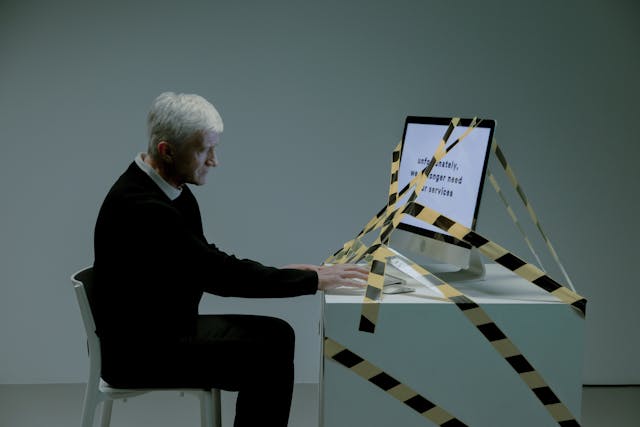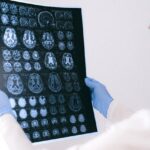“Older individuals often encounter ageism, which manifests as negative perceptions about their value, capabilities, or level of comprehension, alongside humour that targets their age,” Professor Henry explained.
He continued, “As individuals age, they increasingly depend on previous knowledge and environmental signals to shape their emotions, thoughts, and actions.
“In a society that undervalues ageing, these cognitive shifts can complicate the ability of the elderly to contest ageist prejudices they’ve internalized, often referred to as self-directed ageism.”
Self-directed ageism might manifest as doubts about one’s abilities, such as thinking, ‘I’m too old to learn this new technology’ or ‘I’m too old to form new friendships.’ It also appears as negative self-perceptions related to ageing, like believing, ‘I’m not as good at this as I once was.’
Furthermore, it may surface as worries about being judged based on age-related stereotypes, for instance, ‘If I forget this, they will assume it’s because I’m old.’
Professor Henry noted that when ageism becomes a personal belief, it is associated with reduced life expectancy, deteriorating physical and mental health, slower recovery from illness, and cognitive decline.
“It’s also detrimental when older adults let their adverse views on ageing impede their confidence to embrace new or challenging experiences and opportunities,” he added.
Interventions like fostering more positive interactions between younger and older people are essential to counteract these negative attitudes towards ageing.
“Our studies suggest that older adults would significantly benefit from a decrease in ageism cues within our broader social environment,” he stated.
“Reducing the number of ageist cues that capture the attention of older individuals could lower the chances of self-directed ageism occurring.”
More information: Julie D. Henry et al, The cognitive tenacity of self-directed ageism, Trends in Cognitive Sciences. DOI: 10.1016/j.tics.2023.03.010
Journal information: Trends in Cognitive Sciences Provided by The University of Queensland








